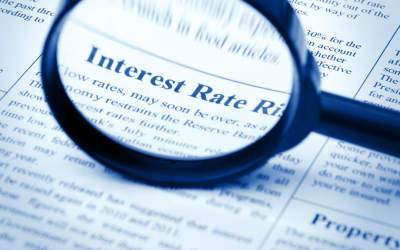Here is a list of the 10 most common mistakes that investors make when preparing tax returns for rental properties from a partner at BDO Kendalls.
TIP l: Repair or improvement?
There is a fundamental difference between a repair and an improvement – the former is tax-deductible. but the latter is considered capital and therefore not tax-deductible.
To determine if something is a repair or an improvement, consider: did the work done restore something to its original condition or did it improve it to a condition beyond its original state?
TIP 2: Non-deductible costs
Just because something is not tax-deductible does not mean it simply fades into the tax black hole. Any work done on a property that is capital in nature may still attract some tax perks.
If you acquire a free-standing functional unit, it may be classified as a depreciating asset on which you may claim a depreciation deduction. If the item acquired is affixed to the building, it may constitute ‘construction expenditure’ on which you may claim a building allowance deduction.
TIP 3: Building allowance
You are generally allowed to claim an annual building allowance of
2.5% or 4% on the construction expenditure incurred on structural improvements attached to land. However, construction expenditure is not synonymous with the amount one pays to acquire the property.
TIP 4: Interest expense
Most people assume that any loan drawn down that is related to their rental property is immediately tax-deductible. While this is generally true, the deductibility of interest is contingent on a strict tracing of loan funds to ascertain the purpose for which the funds are drawn.
TIP 5: Borrowing costs
These are costs associated with the access of loan funds that are used to purchase a property. If the amount incurred is less than $100, it may be claimed as an immediate tax deduction. If the amount exceeds $100. the amount will need to be claimed progressively over the life of the loan or five years, whichever is shorter.
TIP 6: Legal fees
Legal fees related to the purchase or sale of a property are included in its cost base and are not tax-deductible. However, legal costs incurred to deal with the day-to-day operations of the property, eg, drawing up a lease, are tax-deductible.
TIP 7: Body corporate fees
Many property investors seem to think that body corporate fees are categorically tax-deductible. While this is generally true for regular body corporate fees, special levies and sinking funds that are used to fund capital improvements on the property are not tax-deductible.
TIP 8: Travelling expenses to inspect property
If your primary intention to travel to a particular location is to inspect your property but you also intend to use the opportunity to go on a holiday, there will be multiple purposes behind the trip. This means that the associated travelling expenses will need to be reasonably apportioned.
TIP 9: Available for rent?
An expense is only tax-deductible to the extent that the property is used for an income-producing purpose. Therefore if a property is not available for rent for part of the year, the expenses incurred on the property for that year will need to be apportioned.
TIP 10: GST
Residential property leasing does not attract GST, but the leasing of commercial properties does. Generally, if you own commercial properties and the combined projected annual gross rent of these properties will exceed $50,000, you are required to be registered for GST. This will also mean that you are automatically liable for GST on 1/11th of the gross rent,
From Australian Broker – December 2009



